|
Anxiety and stress in teens is an epidemic, and has been well-documented. A 2014 survey revealed that 83% of teens reported school-related stress. Now with COVID-19, increases in gun-violence and racial tensions, the numbers are likely to be even higher. Are there some things that teachers can do to play a role in their student’s mental wellbeing? This article will point to several strategies that can and will make a difference.
Firstly, as parents and teachers, it is important to take a look at our own fears around Covid-19 and school....
0 Comments
At a time when anxiety and depression are rampant in our youngsters, helping them to understand their feelings can go a long way to relieving these debilitating problems.
Children do need to be allowed to feel their feelings and we can help our children to labeltheir feelings. However, we help them to understand where their feelings are coming from when we don’t validate them. In other words, it is OK for my child to feel angry when his best friend breaks his toy, but it’s best not to agree that the anger was because his friend broke his toy. We are never upset for the reason we think. Are your children nervous about going back to school?
Do you have a child going to a new school? Do you worry about your child’s stress levels at school? Back to school can be an anxious time for children, parents and teachers alike. One of the best ways to beat anxiety is to have something that you can do right away to calm down. Studies have shown that smiling, being grateful, taking deep breaths and helping others are all powerful ways of relieving stress and reducing anxiety. Here are five tips that you can teach your children and then give them a ‘tool kit’ they can take in their lunch box or pencil box as a tangible reminder of how to relax whatever the circumstances. You’ll likely have most of these items around, but if not, a visit to the dollar store will provide whatever you need for your tool kit. Family dynamics are complicated to say the least! You may be struggling with your own anxiety or depression while at the same time trying to be the best parent you can be. Kids are more anxious and depressed now than at any other time in history, so having a happy family may seem like a pipe dream to you. There is a way to help everyone feel better if you can adopt three simple (but not easy) mindsets and practice them every day.
The answer is: It depends! There is nothing intrinsically wrong with competition—it can be fun to compete. The problem comes when a child equates her worth with the outcome of the competition. I’m worthy if I win. I’m worth less if I lose. A child who knows his Inherent Worth (IW) will be OK no matter what the outcome of the competition—his worth is not at stake. Competition will be fun for the competitors when they are secure in their awareness of their IW. Avoid competitions until you are sure of that. If you can’t avoid it here are a few tips:
“Your thoughts and the words you use about a child will at some stage become the thoughts and words that the child thinks about himself”
–Chen Miller Labels act a lot like negative beliefs. Children become their labels. The bad kid in a family will be the bad kid in the family, the klutz will be the klutz until freed of those labels. Children who are labeled as learning disabled may cease trying and feel that they have no hope because they have been given an excuse for low expectations. Is there a way to reduce the impact of labels? Why I wrote What They Don’t Teach in Prenatal Class: The Key to Raising Trouble-Free Kids and Teens1/25/2019 Note: My book is officially launching on February 13th, 2019 and there will be some bonus giveaways that day including free access to my online course (launching in May), worth $150.
My experience as a deeply troubled parent of a once troubled teenager (now a happily functioning adult), and my wish to help other parents avoid the sleepless nights, debilitating fear, helplessness, and despair, led me to write this book. Our family’s ordeal lasted more than six years, and during that time we learned strategies that not only helped us survive but actually allowed us to thrive. As we learned to cope with our family situation in the best way possible, we turned our lives around and emerged stronger, a closer family unit, with greater clarity, increased happiness, and a sense of joy that had not been present. Wow, I’m rapidly approaching the finish line with my book. In fact, the proof copy will have arrived by the time you read this! There are still a few glitches that will need straightening out, but we’re nearly there. My team has been amazing getting the editing, cover, interior layout and e-book conversion done so quickly. What a long process this has been!
By Anne Andrew (excerpted from her upcoming book What They Don’t Teach in Prenatal Class: The Key to Raising Trouble-Free Kids and Teens.)
One of the biggest causes of upsets for parents currently seems to be the battle over screen time. Studies show that too much screen time is not good for children, and screens need to be off for an hour or two before bedtime or sleep can suffer. Social media is adding stress to teens because of the need to be camera ready at all times and the huge potential for abuse. Policing screen time is an unwelcome but necessary chore for parents these days. Following my blog How to Raise Bully-Proof Children, one parent, who is familiar with the techniques I use, told of a bullying incident and how she handled it. It’s a wonderful example so I asked if I could share her story. I’ve changed the names to protect identities.
|
Author I know firsthand the emotional and financial costs of having a troubled teenager and I don’t want that to happen to you. That's why I wrote my book What They Don't Teach in Prenatal Class: The Key to Raising Trouble-Free Kids and Teens (available on Amazon). Archives
April 2022
Categories
All
|
get in touch
Email: [email protected] Tel: (1) 604 720 2776
Sign Up to my newsletter
Get information and articles about how to raise happy, mentally-healthy, and addiction-free kids!

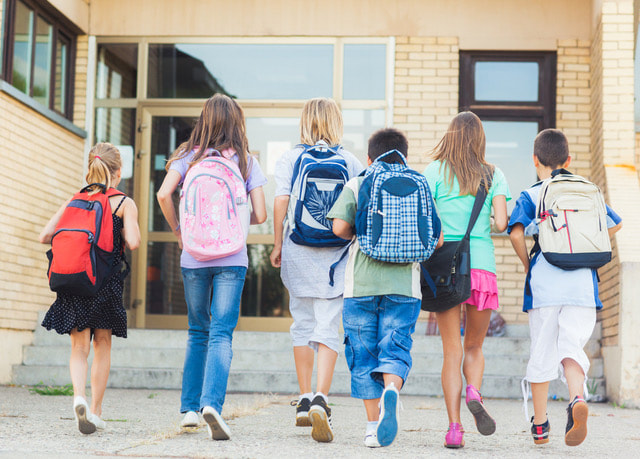

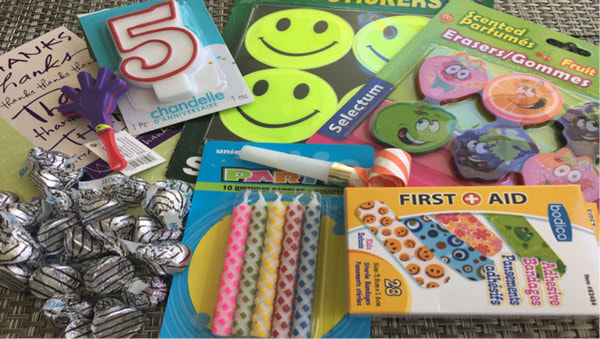
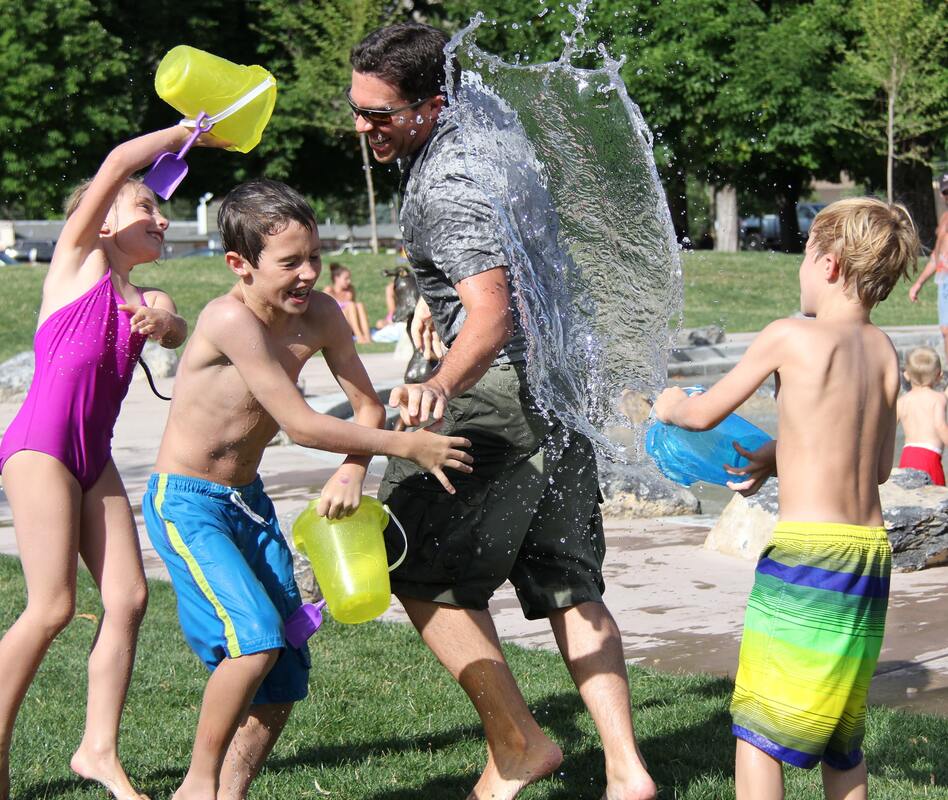


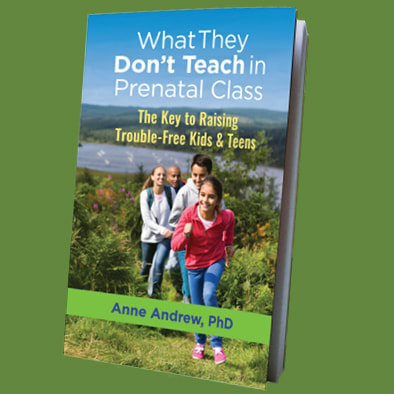
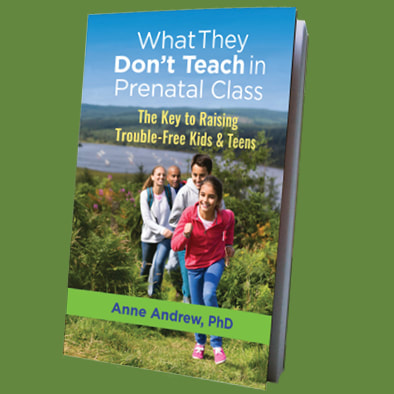


 RSS Feed
RSS Feed